How is Menorca committed to preservation and sustainability?
To understand Menorca’s commitment to sustainability, you need to look down — at the land itself. For centuries, this island has relied on dry farming, a traditional technique that respects the limitations of water and works with the rhythm of the land, not against it. No wasteful irrigation. No over-planted monocultures. Olives, figs, and vines that know how to thrive on very little, cultivated with care and ancestral patience.
And the land has been protected — deliberately. Over 40% of Menorca is safeguarded under environmental law. New construction is tightly controlled. Rural zones remain rural. Forests stand. This is not just policy — it’s philosophy. A philosophy that says: we don’t need more, we need better.
What is km.0?
In Menorca, the way you eat is another way to stay grounded. Across the island, a movement toward "km.0" cuisine — food sourced within the immediate region — has taken root. It’s not a trend. It’s the old way made new again.
Most restaurants in Menorca work directly with local farmers, fishermen, and cheesemakers. Seasonal menus shift with what’s growing. There’s no need to import strawberries in January when the island offers citrus, root vegetables, and honey...
To eat here is to understand the land — and how fragile, and beautiful, that relationship is.

Above: produce on display at Alaior's night market, from a wonderful agroturismo in Menorca, Binissaida
Does Menorca practice water conservation?
Water is precious on Menorca. The island has no rivers, and rain is sporadic. So conservation isn’t a campaign — it’s a way of life. Agroturismos like Rafal Rubí irrigate using dry farming strategies and hotels across the island are being redesigned with greywater systems and low-flow technology. Agricultural cooperatives monitor aquifers and recharge them when possible. And many villas have returned to the ancient practice of cisternas — capturing rainwater to use through the dry months.
How is plastic handled in Menorca?
In restaurants and markets, you’ll rarely see a plastic bottle. That’s because Menorca banned single-use plastics in public institutions long before it was common elsewhere. Refillable glass is the norm. Hotels like Can Alberti 1740 are committed to ZERO plastic on the premises.

Above: glass bottles of water in your room at Can Alberti 1740
Is tourism sustainable for Menorca?
Menorca is deeply grateful for its visitors — but not desperate for them. It doesn’t try to be Ibiza. It doesn’t want to. The island has made conscious decisions to resist overcapacity tourism. Cruise ships are limited in port and in time. Rural accommodations face zoning restrictions to avoid sprawl. The Camí de Cavalls, Menorca’s beloved coastal path, is carefully maintained to prevent erosion.
And rather than build new resorts, Menorca restores old fincas. Reimagines abandoned estates. There is enough here — the trick is to care for it. Look to the Vestige Group who meticulously restored a 17th-century manor house and its agricultural outbuildings into Son Vell Hotel, now comprising 37 luxurious suites. In June 2025, Vestige is opening two recently restored 18th-century properties, found in Binudufà and Son Ermità, each with 11 guest rooms.

Above: Son Vell Estate - The recently restored 17th-century manor house is surround by 180-hectares of fertile fields and farmland leading to the coast
The local government, in partnership with grassroots organizations, tracks ecological impact, not just economic metrics. Carrying capacity isn't theoretical here — it's baked into policy. Even the island’s UNESCO Biosphere status was recently expanded to the marine zone, a quiet but powerful shift that says: our protection doesn’t end at the shoreline.
How does Menorca commit to a circular rather than linear economy?
From plastic to produce, from fashion to farming, Menorca is moving toward a circular economy. It’s not about recycling alone — it’s about refusing the idea of waste in the first place.
One of the island’s proudest and most urgent commitments lies beneath the surface — in its turquoise seas. Ocean plastics are a pressing global challenge, but in Menorca, solutions are local, creative, and beautifully circular.
Per la Mar Viva, a nonprofit founded on the island, organises daily cleanups of Menorca’s coastlines and marine zones. The plastic they collect doesn’t just disappear into sorting facilities — it begins a second life, here on the island. Some of it is turned into furniture or insulation. But some of it becomes something far more wearable.

Sandals That Tell a Story
In a small workshop where skilled hands still cut and stitch leather with care passed down through generations, a new kind of Menorcan avarca is being born.
Castell's Ocean Menorca line of sandals are handcrafted in Menorca with SEAQUAL® yarn, a product made from recycled plastic collected from the Mediterranean, and a sole made from recycled plastic collected from the waters of Menorca, in collaboration with Per la Mar Viva . Every step in these authentic sandals connects you to the earth, the sea, and a more conscious way of living.
Next time you walk the Camí de Cavalls, or dive into the crystalline waters, consider the small ways this island is holding itself — and its future — with care.
Choose local. Leave no trace. Support makers. Walk lighter.
And maybe, slip into a pair of sandals that remind you what it means to walk with purpose.
This is Menorca. And she’s giving back.
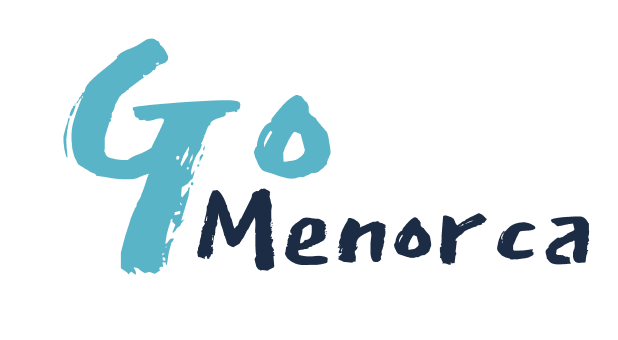
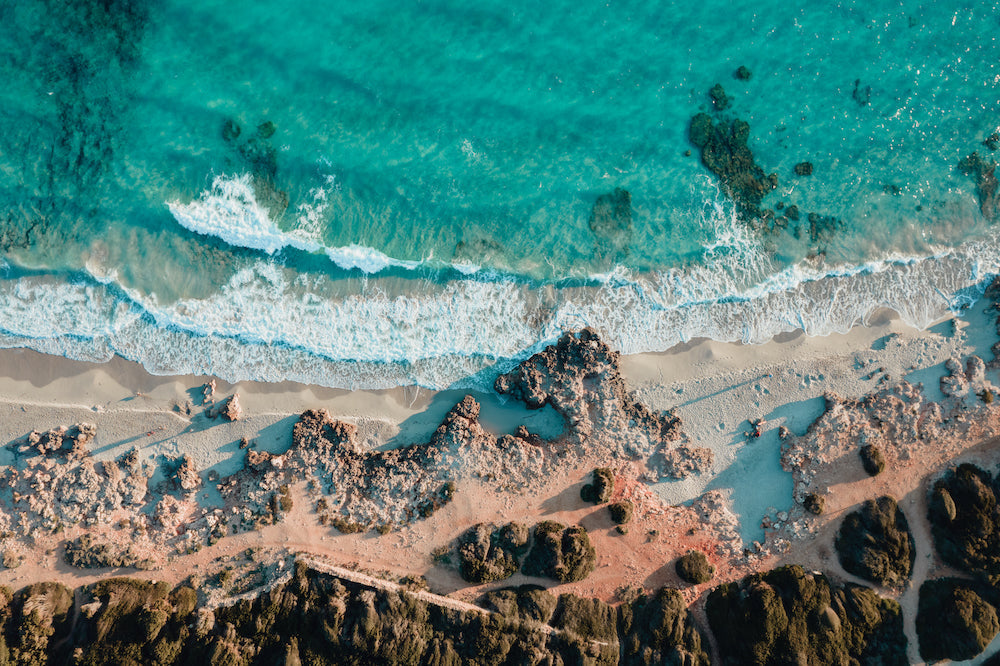
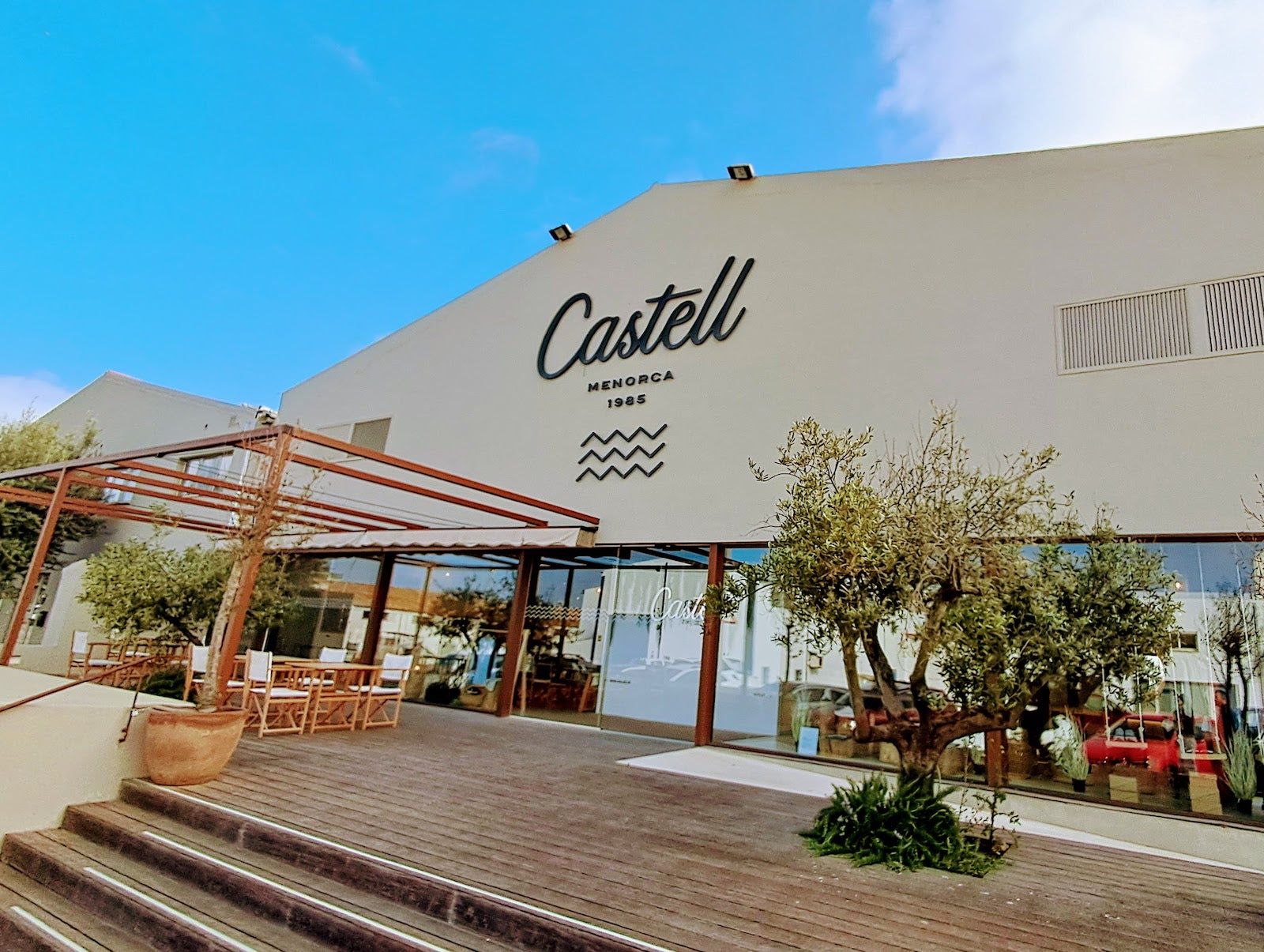
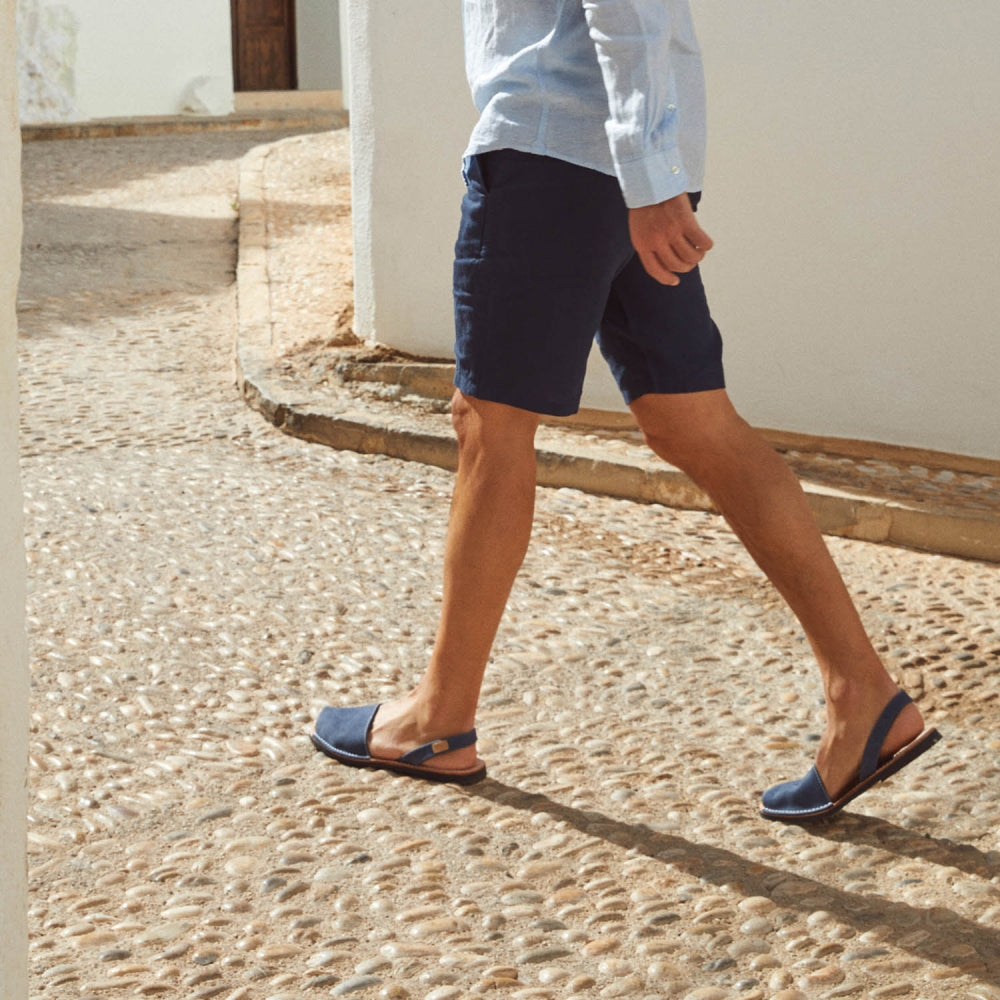
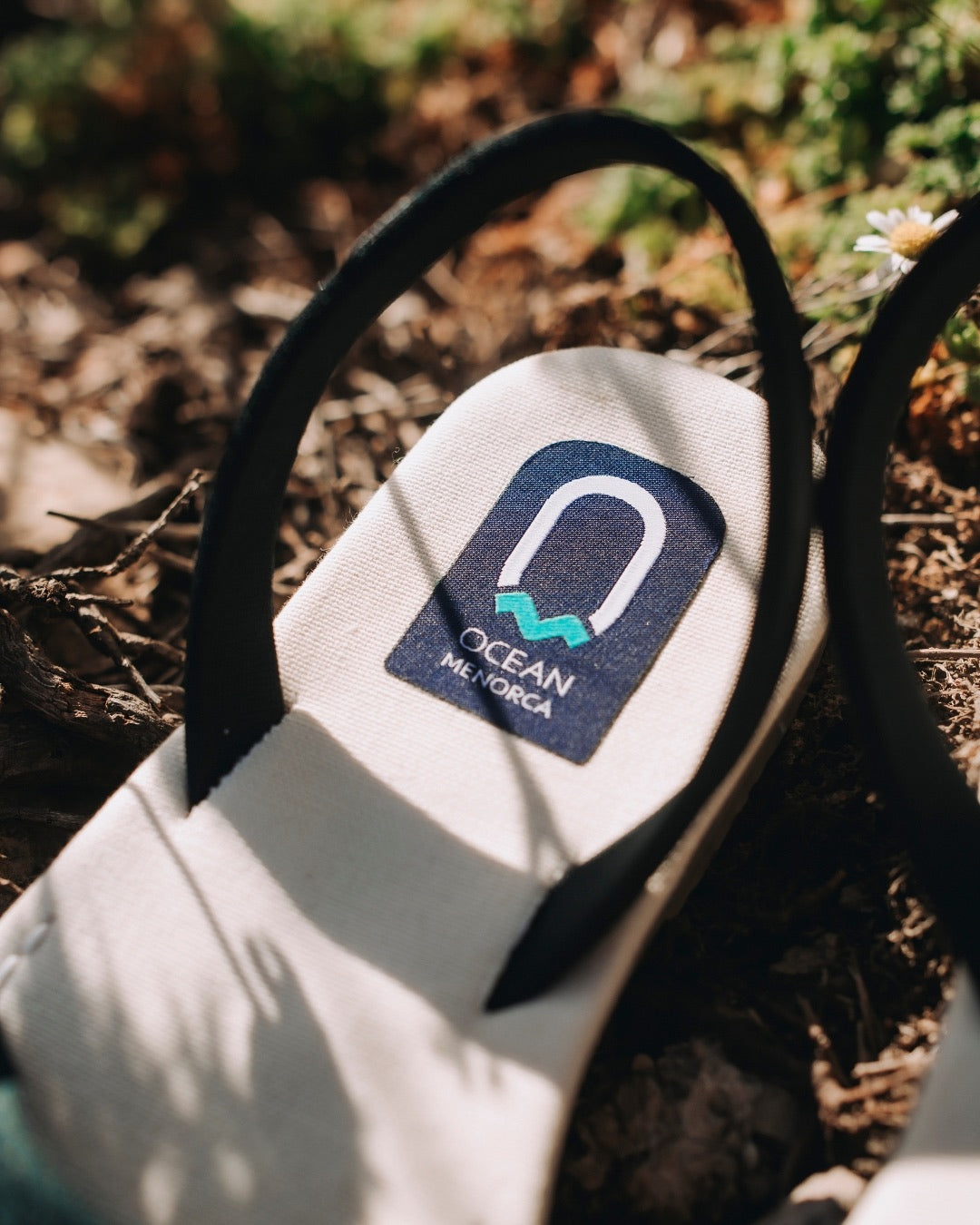
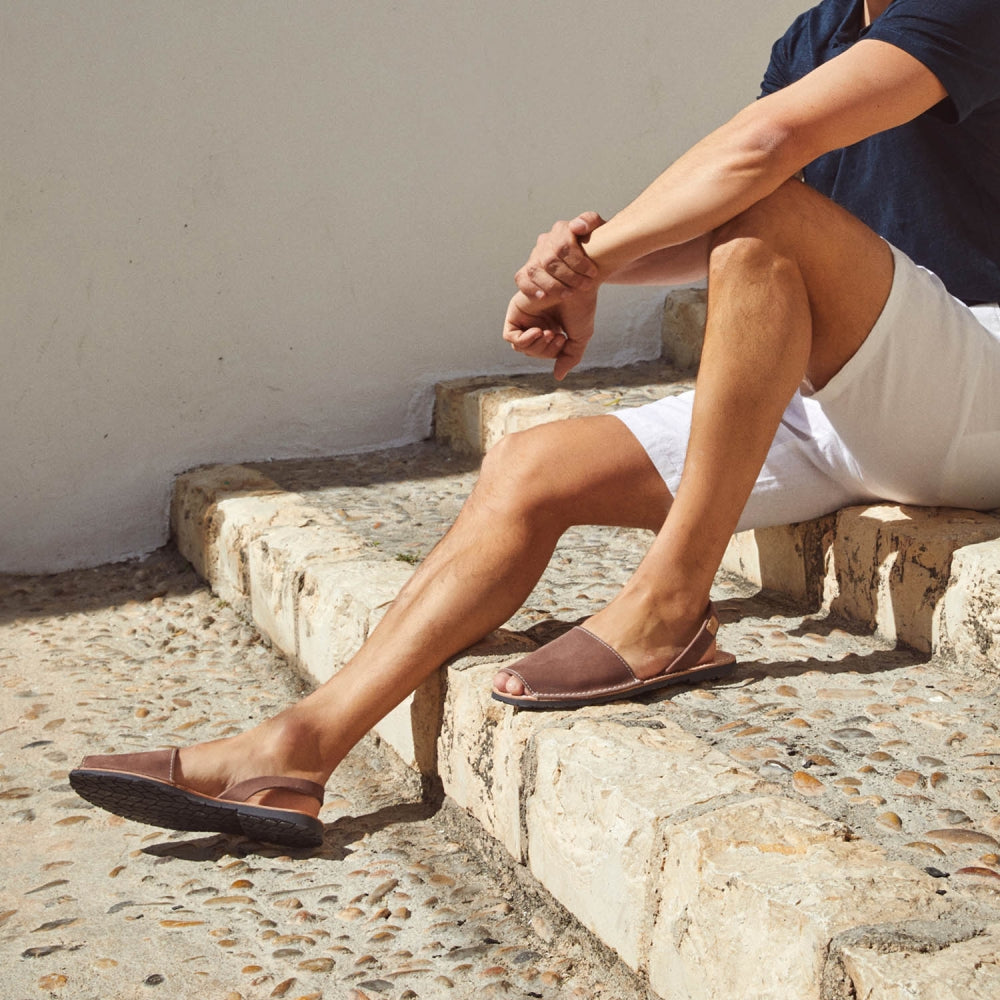
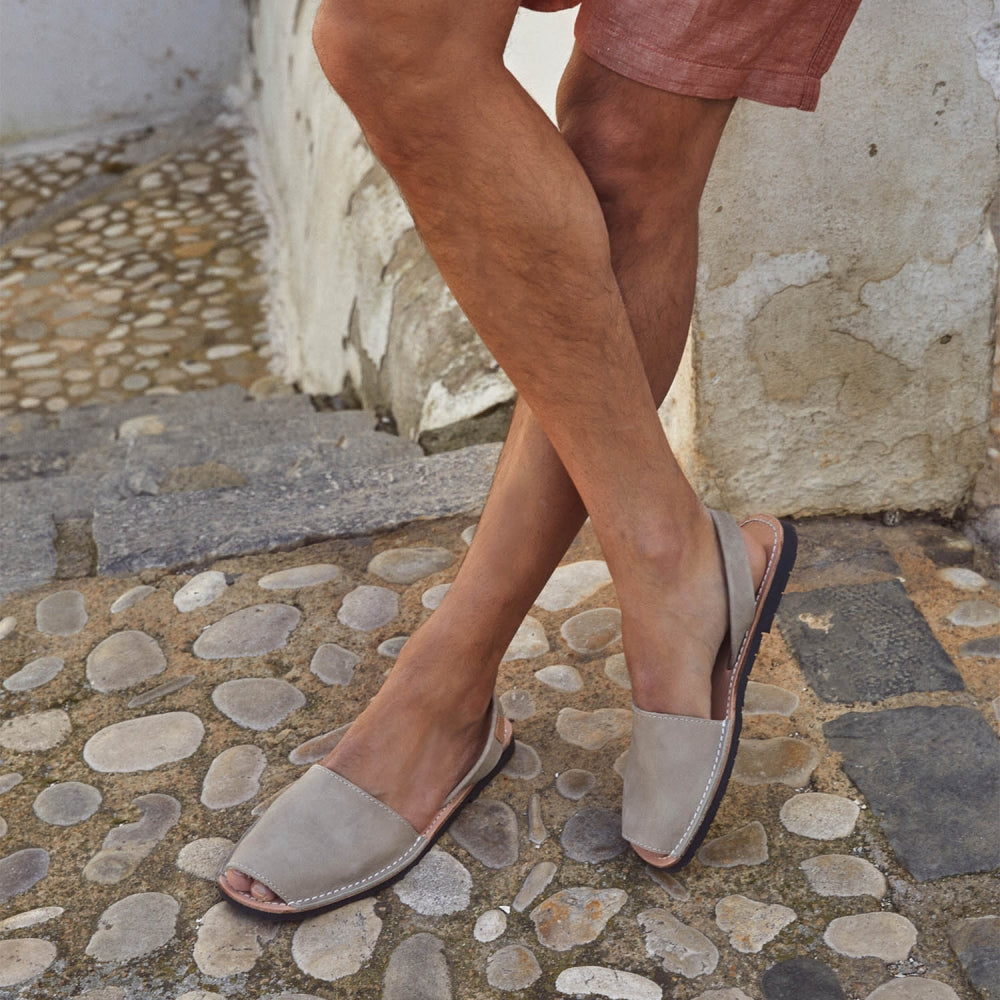
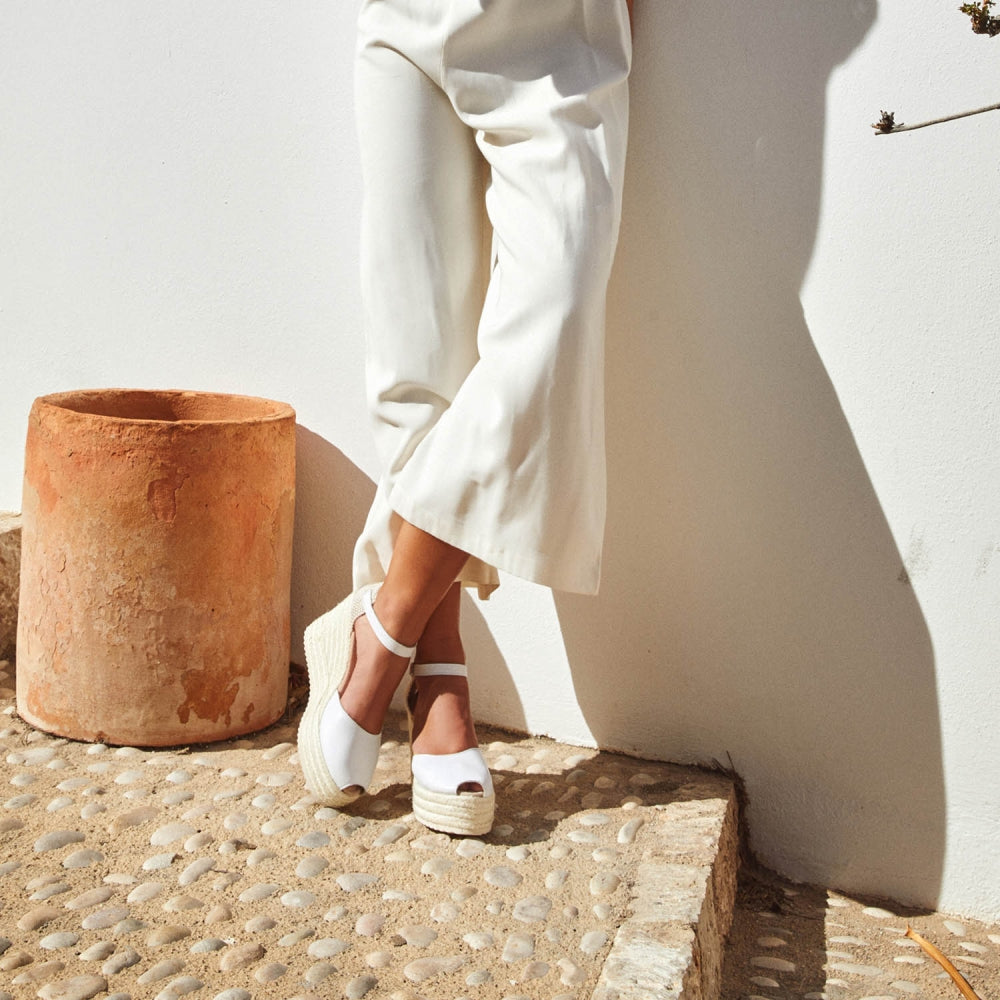
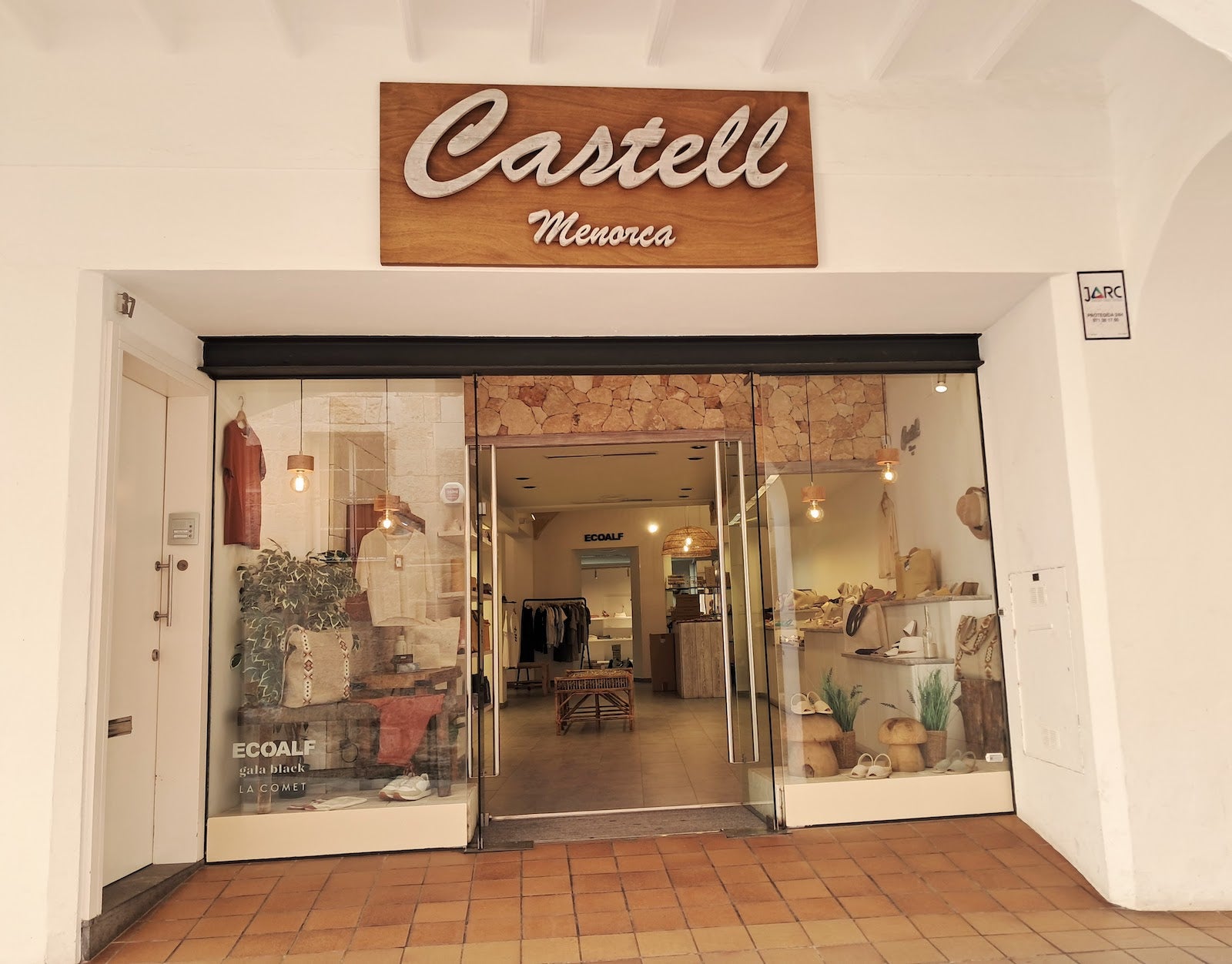
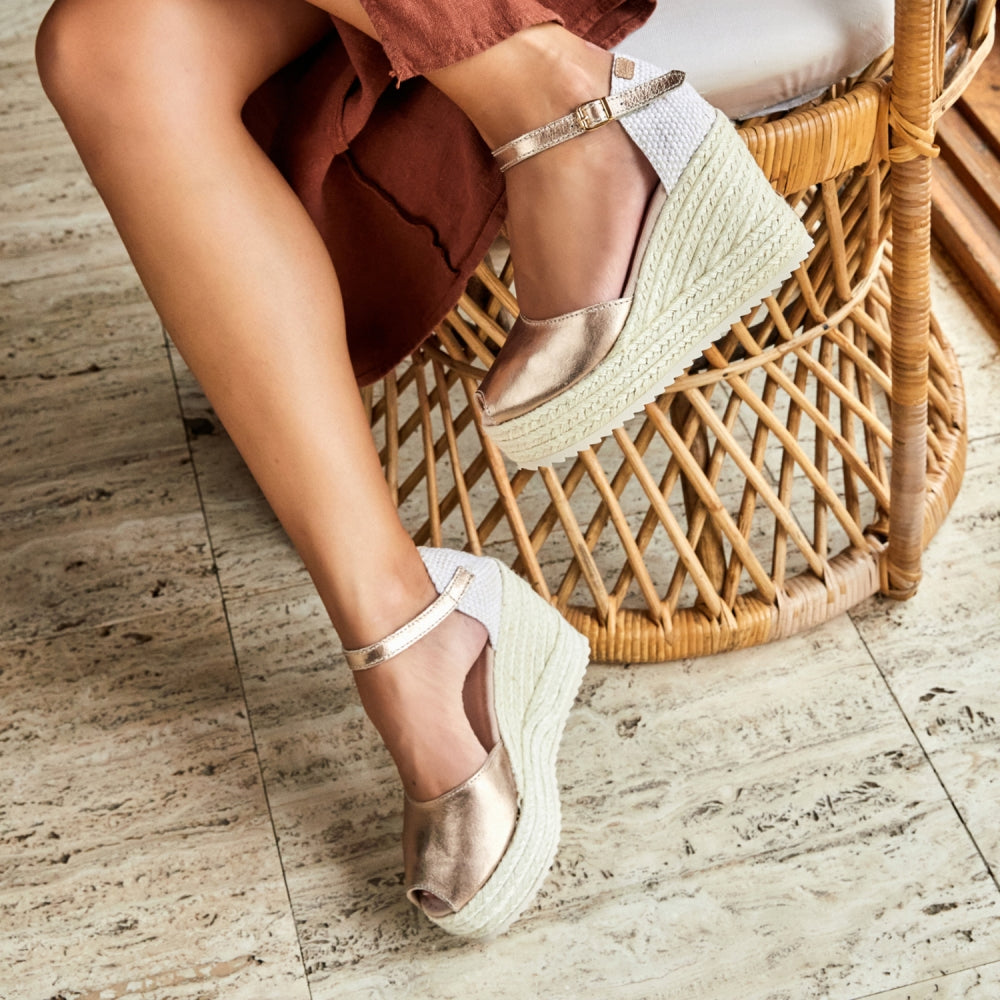
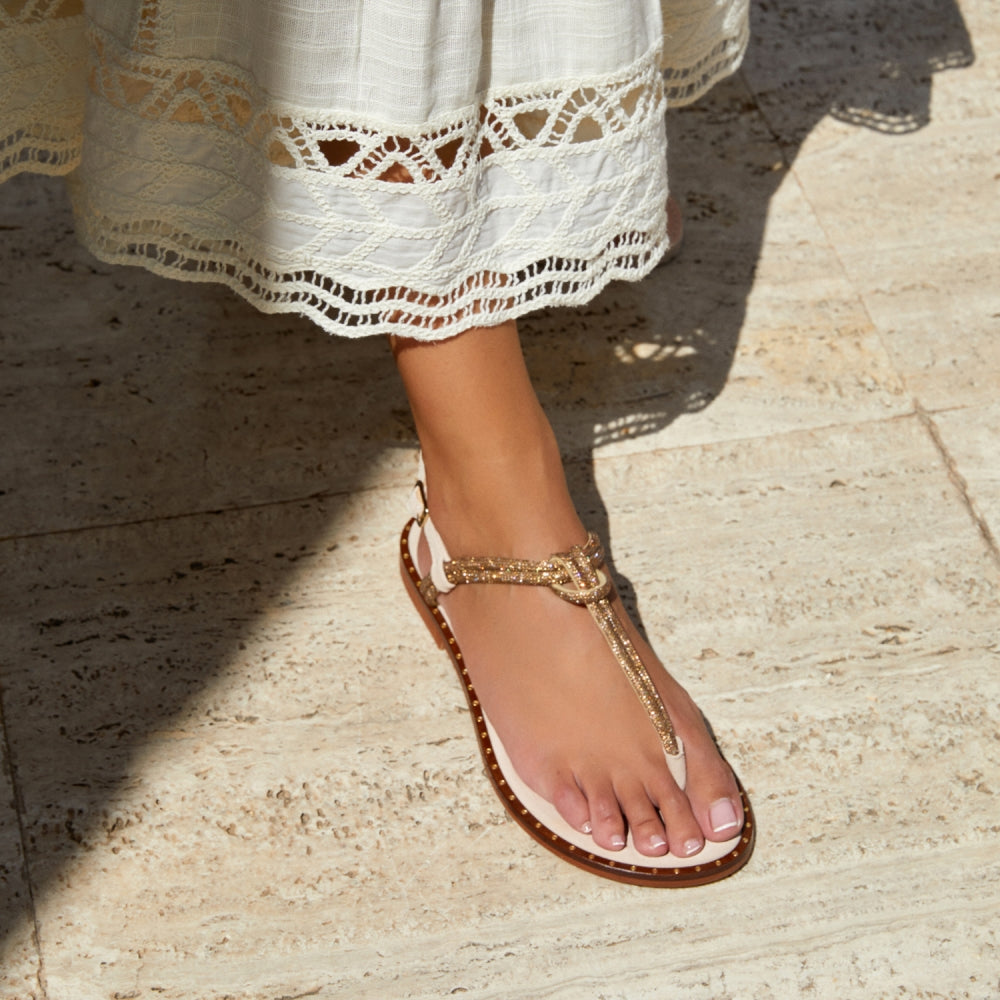
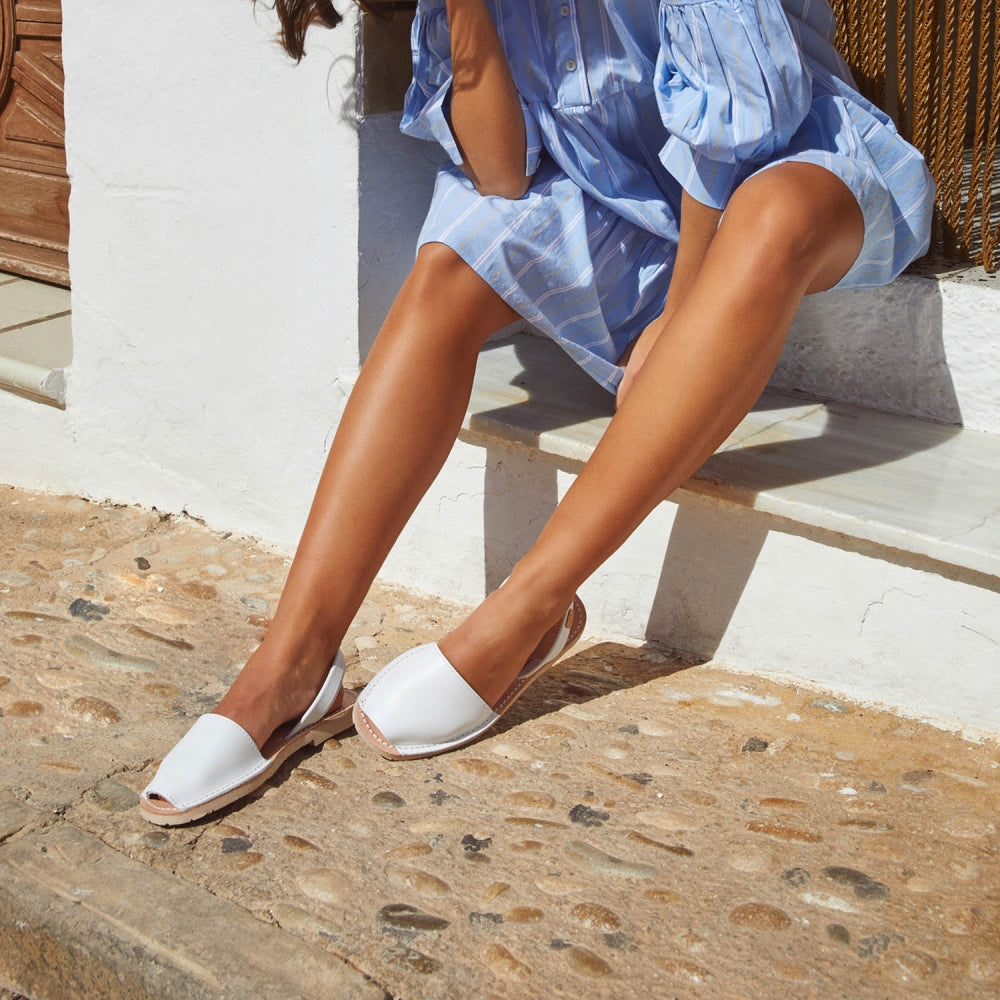
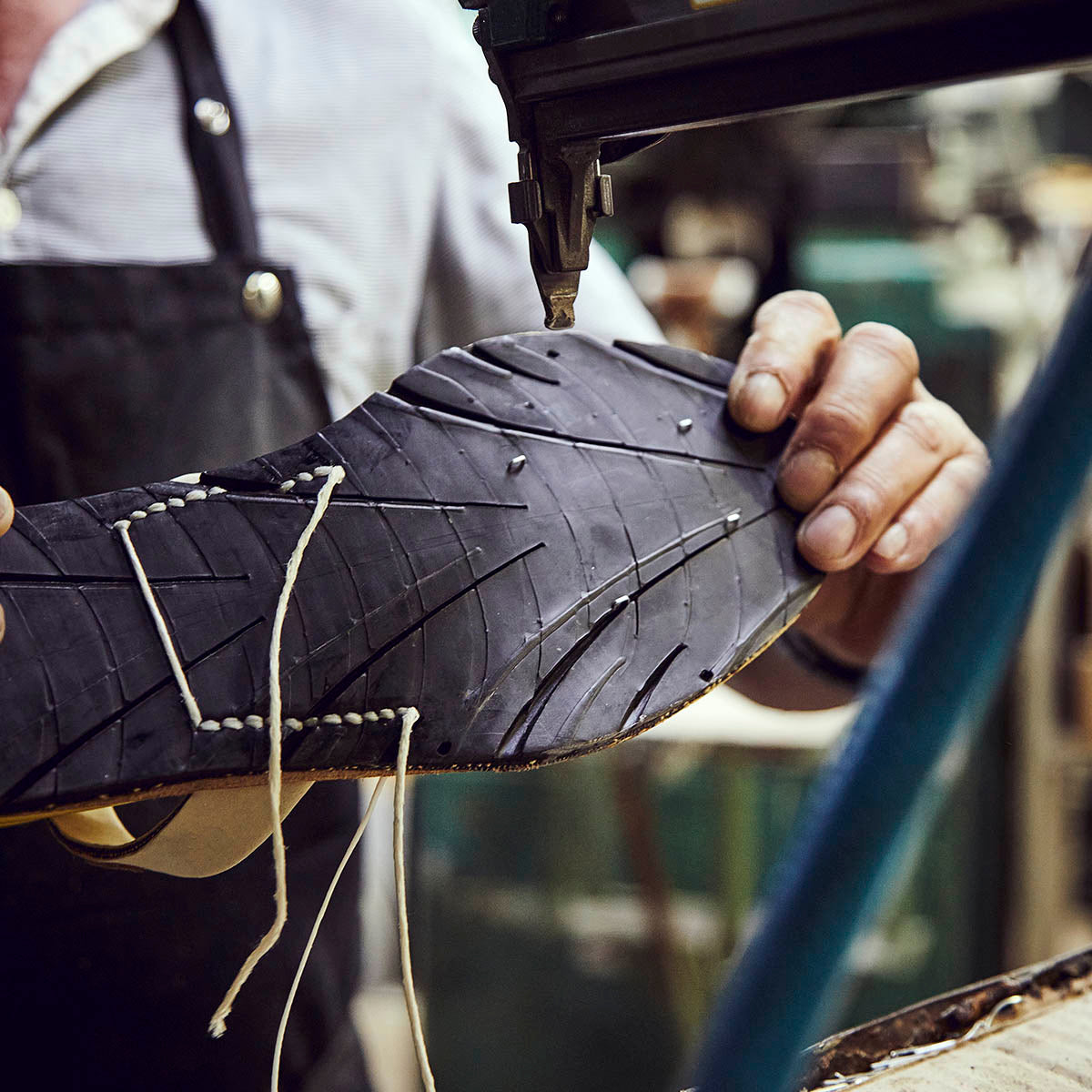
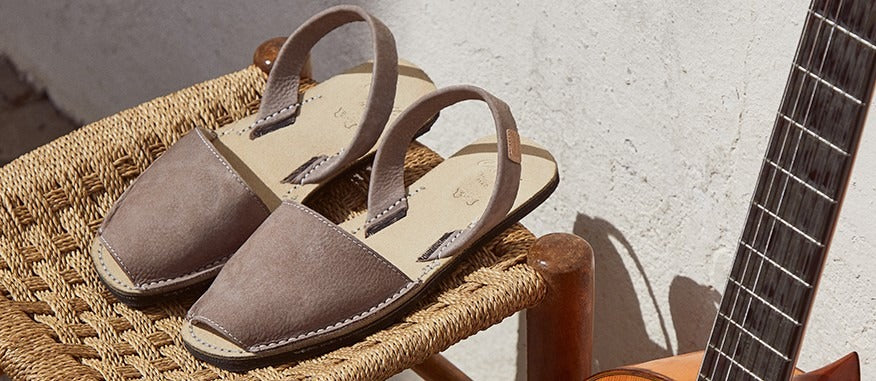
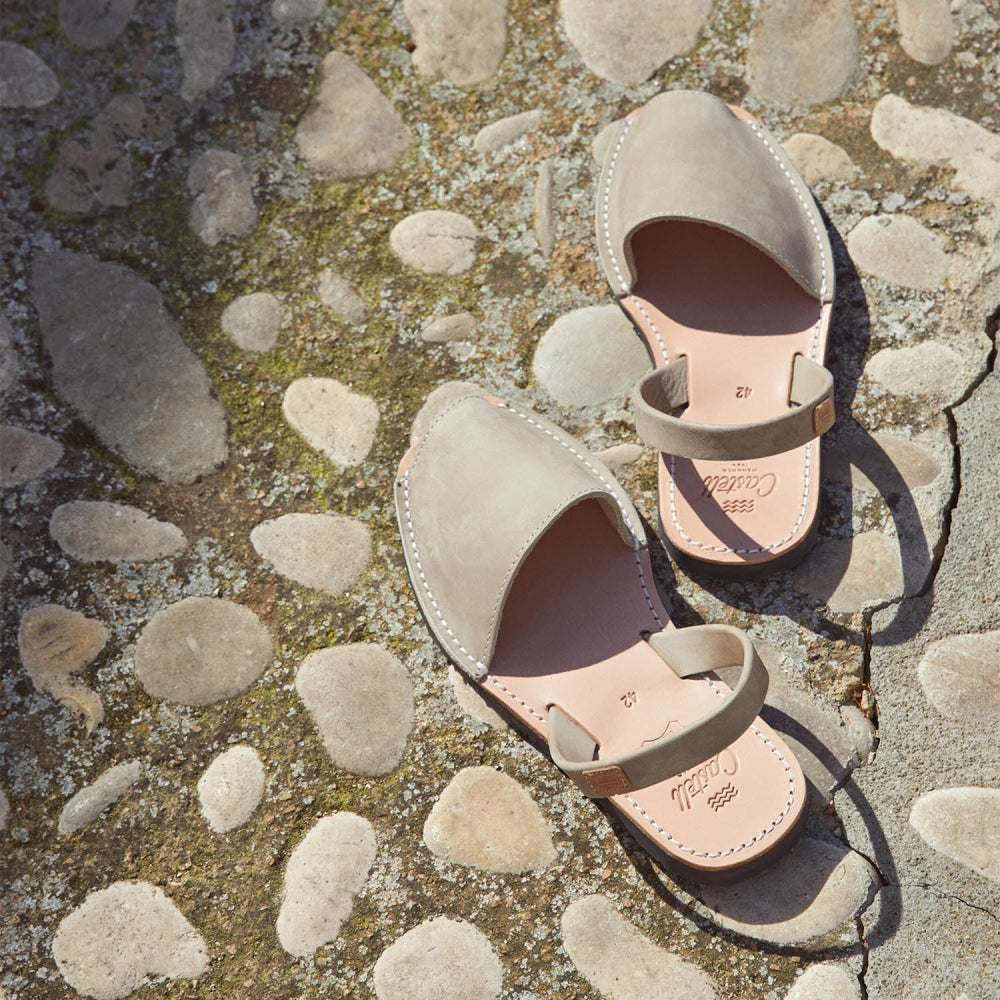
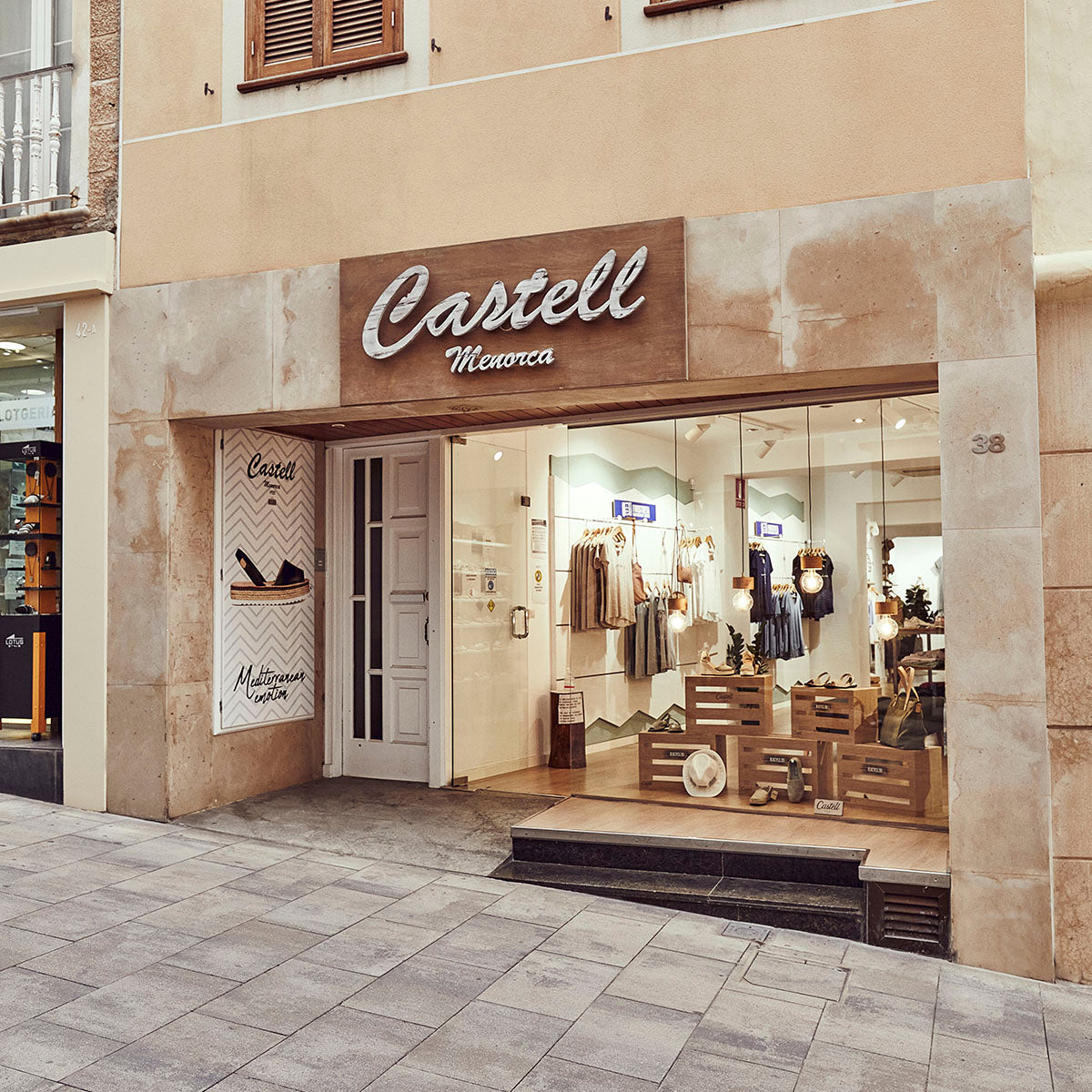
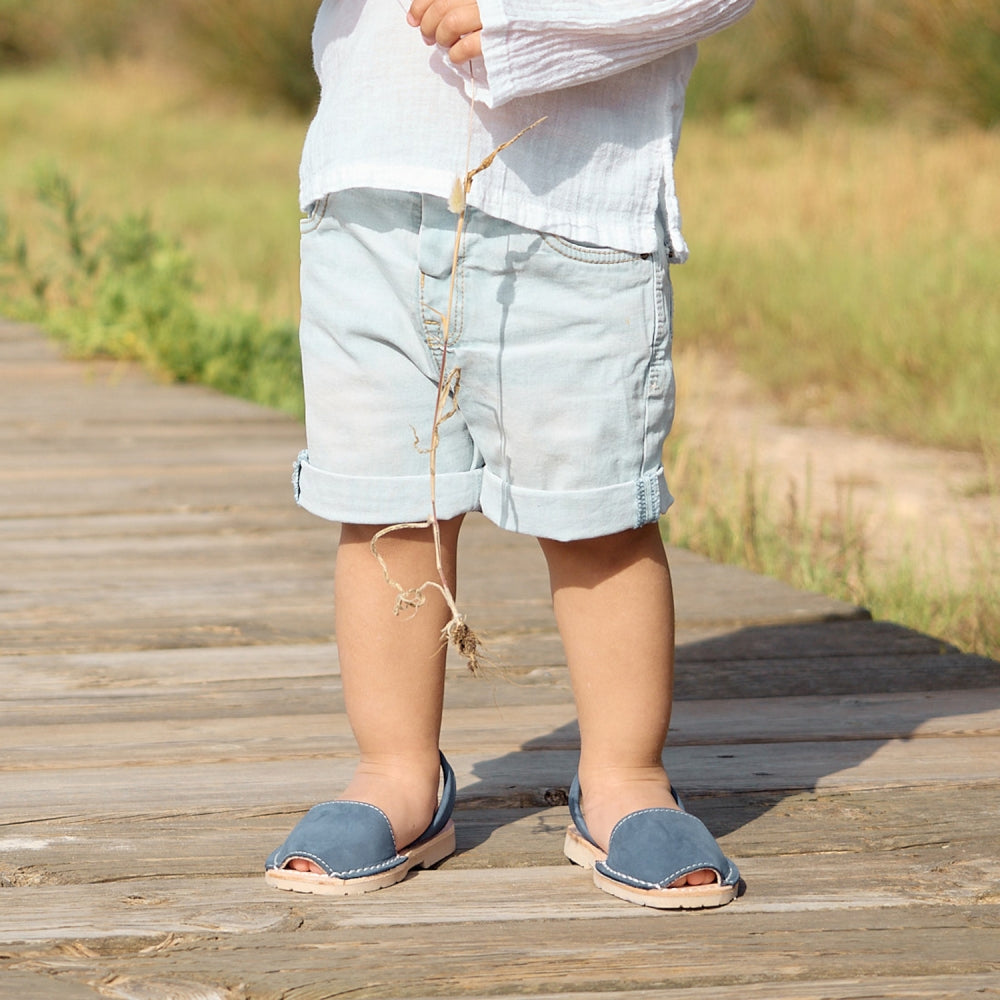
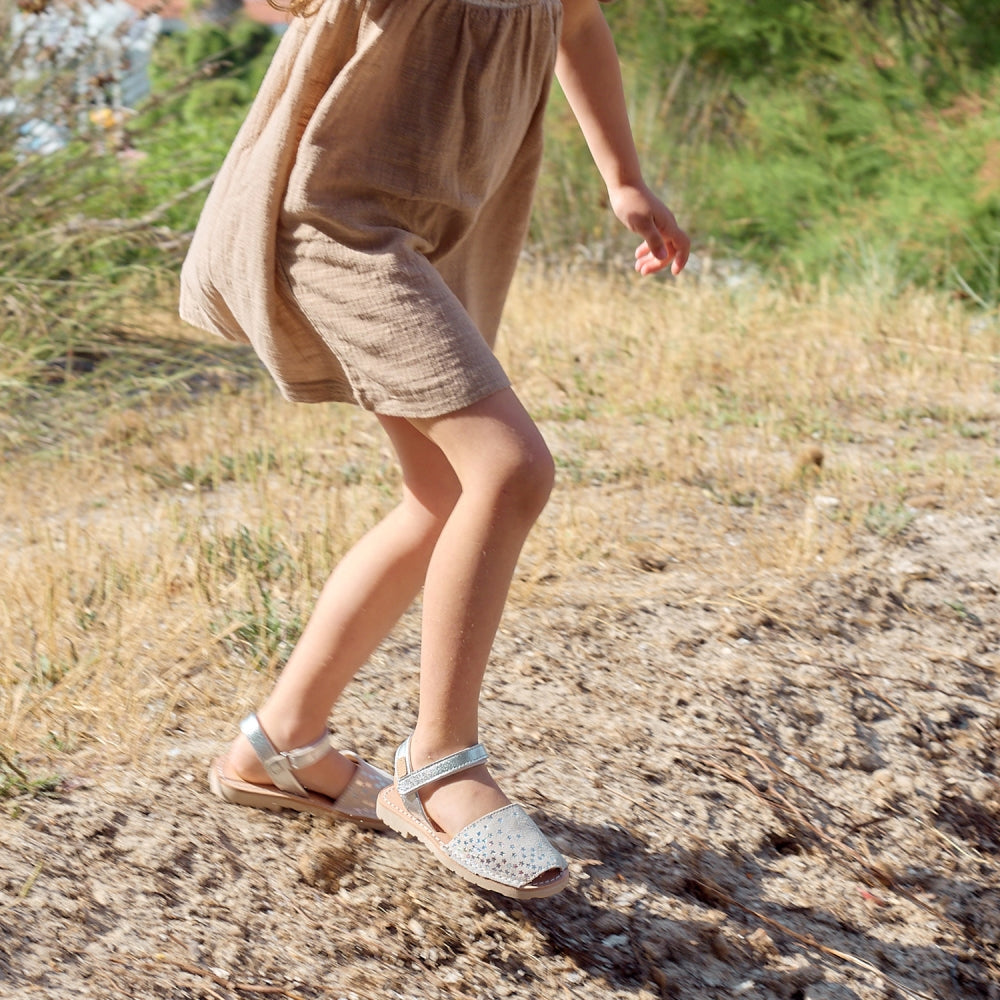
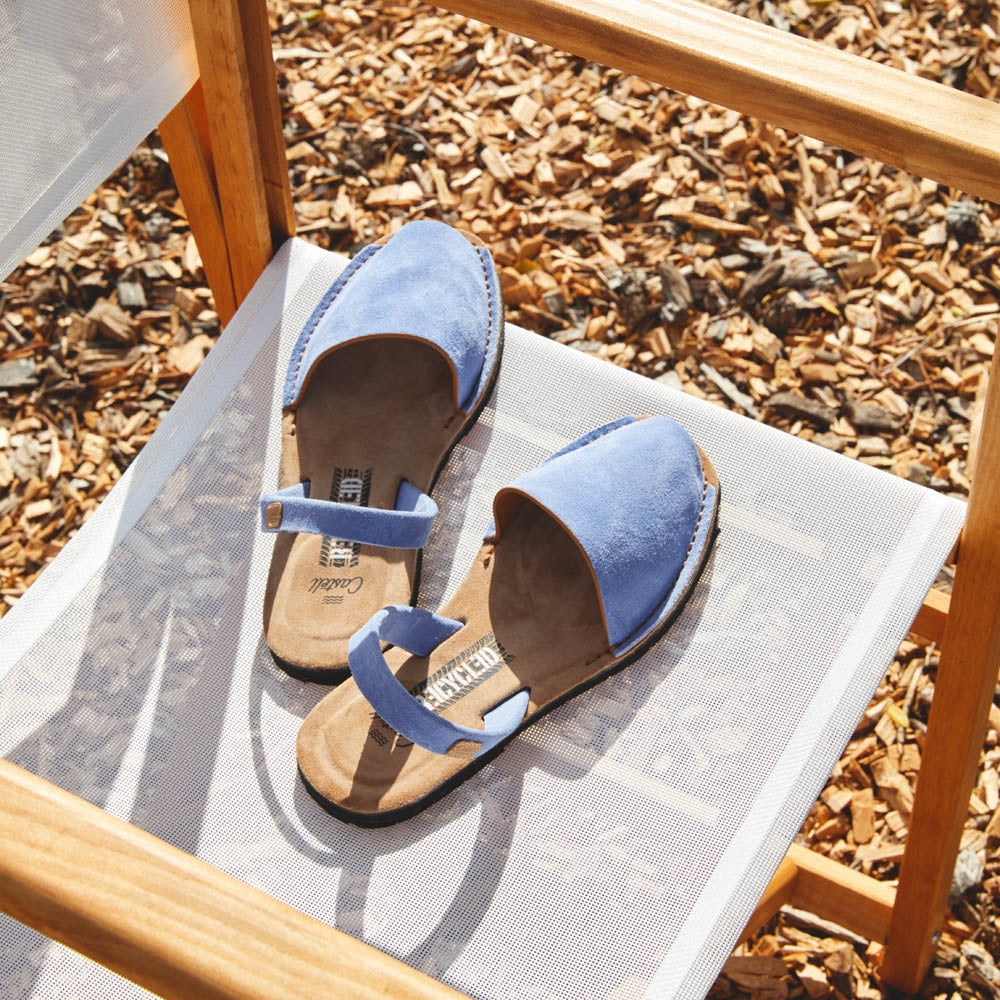
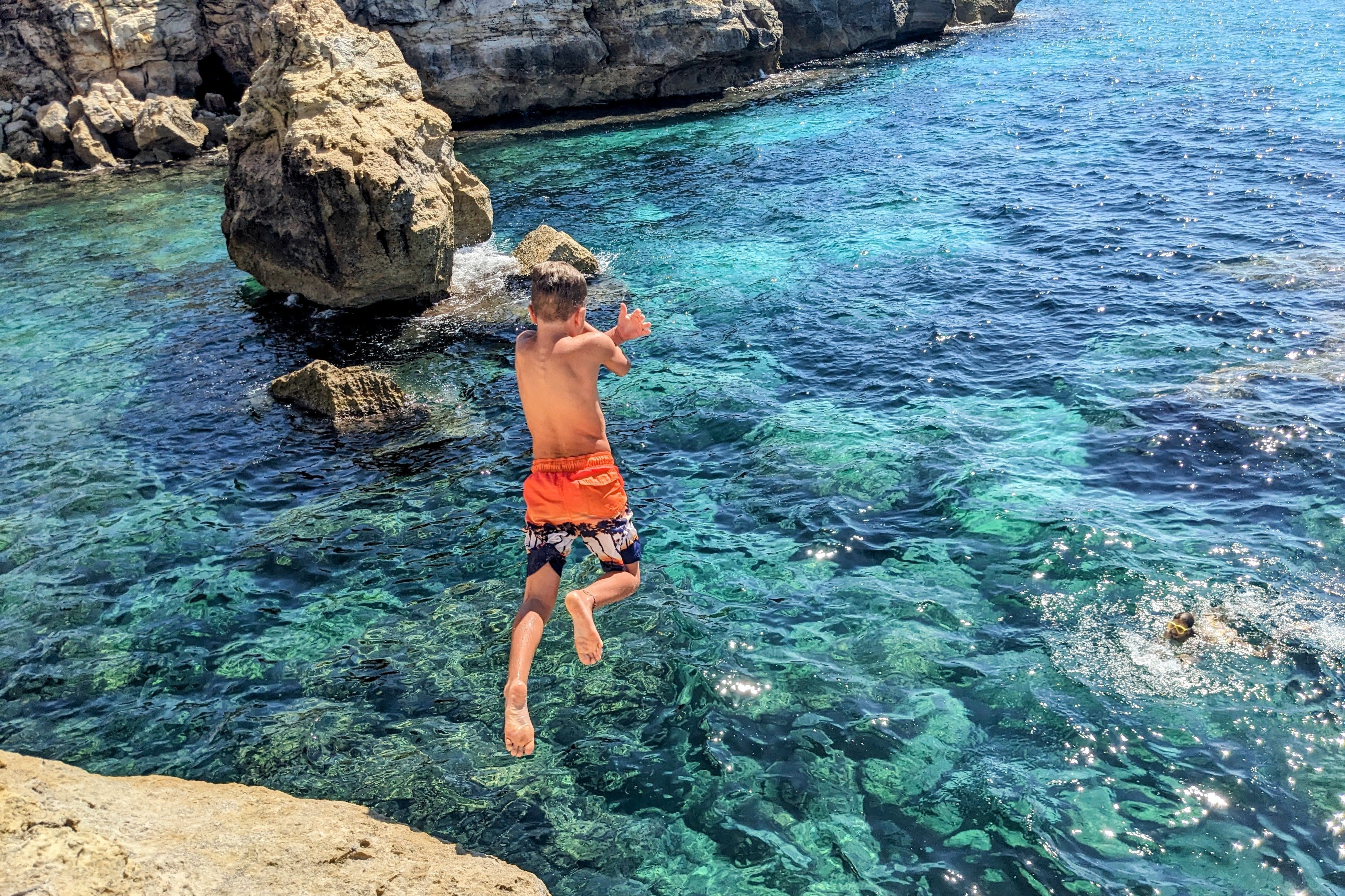
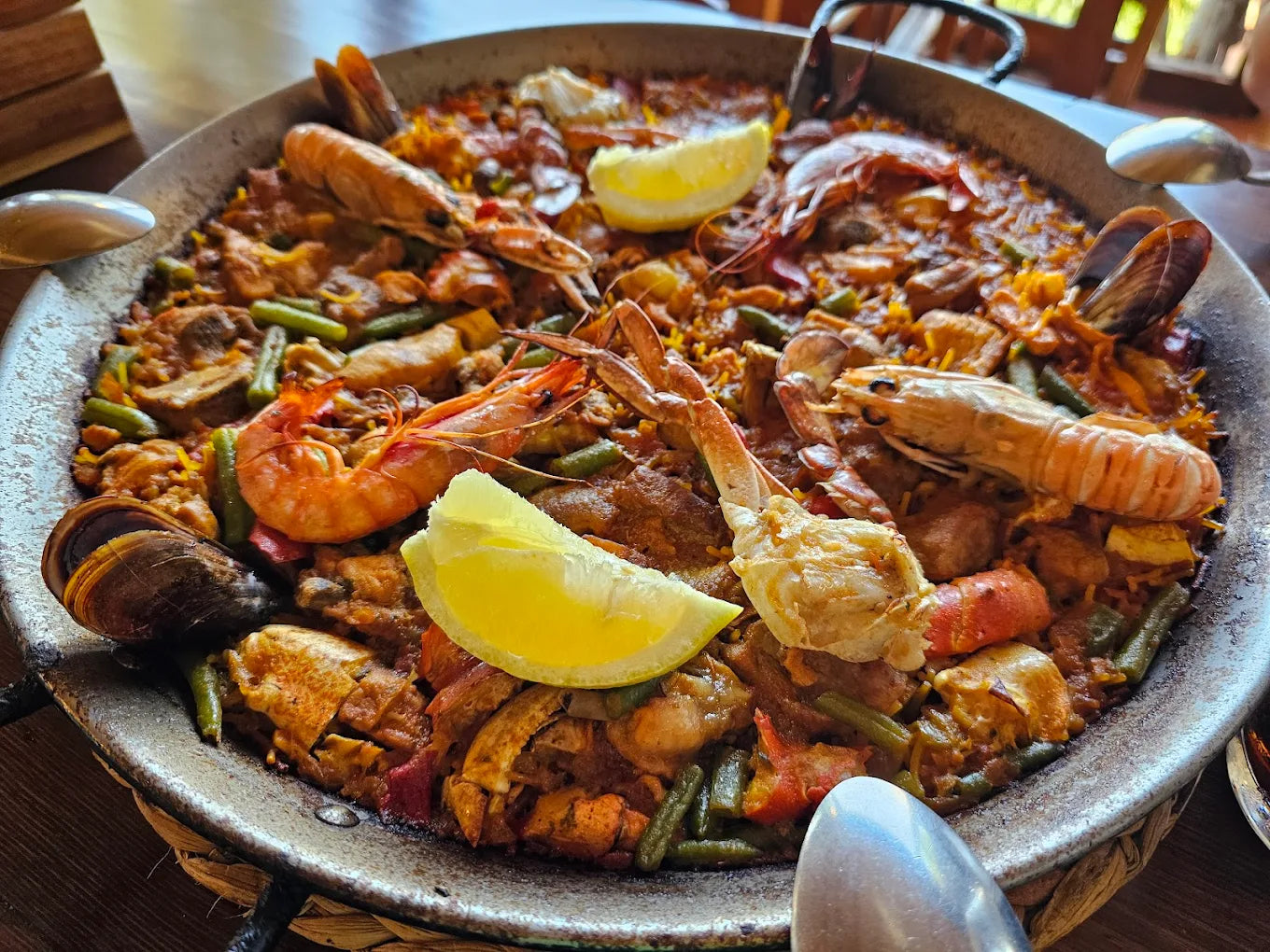
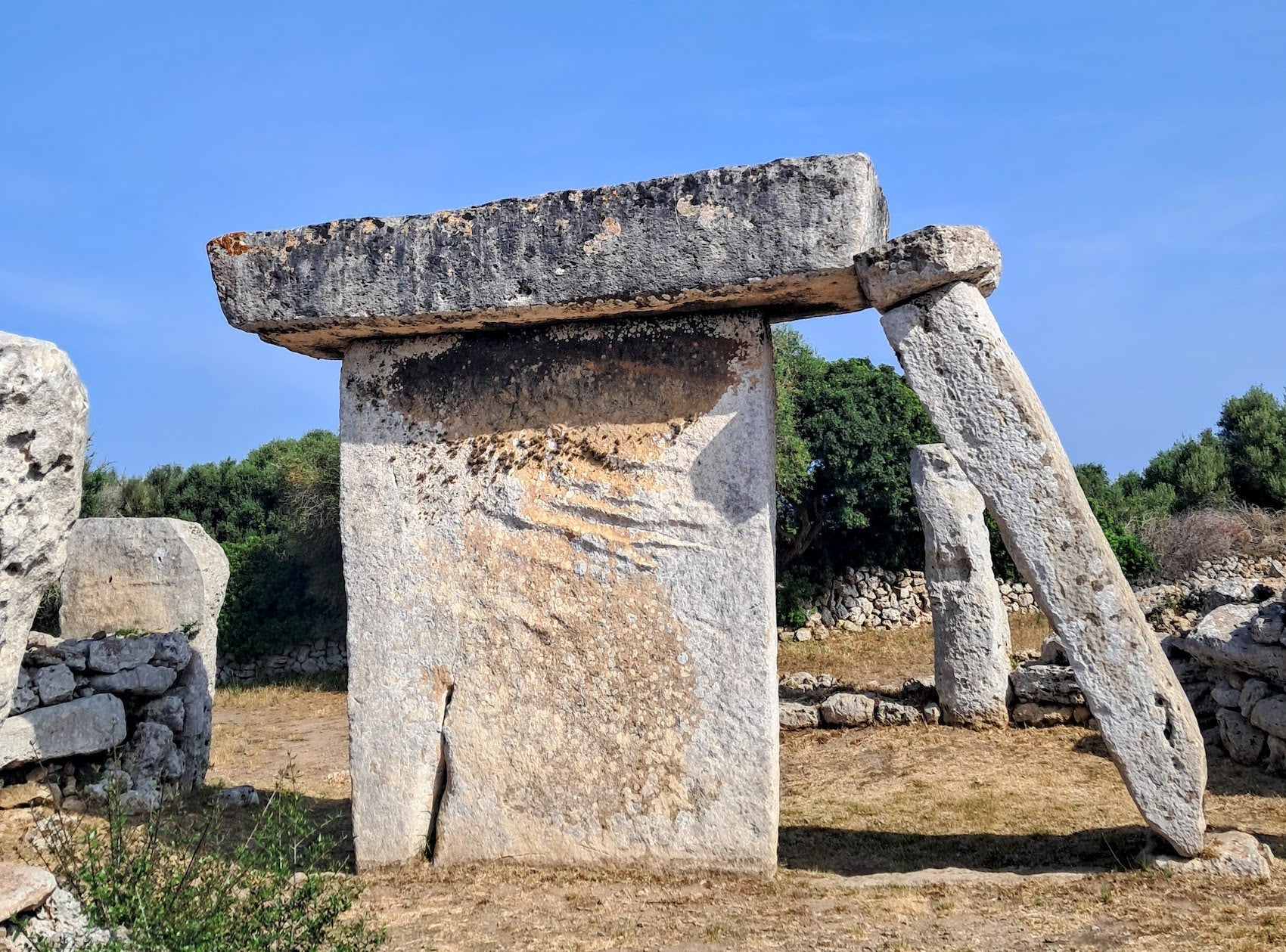

Share: